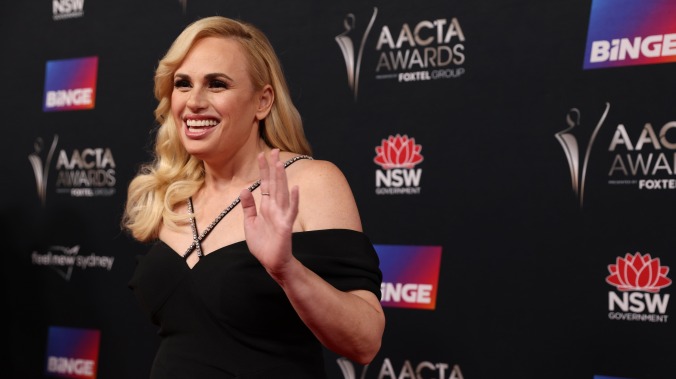Rebel Wilson says Pitch Perfect contract banned her from losing weight
Rebel Wilson was mandated to maintain her size throughout the five years of filming Pitch Perfect and its sequels

Rebel Wilson Photo: Caroline McCredie
Hollywood’s track record with a healthy body image—be that what the industry projects outwardly or how it polices stars’ bodies inwardly—is less than stellar, to say the least. This is true not just in how showbusiness puts undue pressure on performers to be thin, but also in the way it forces fat actors into playing certain stereotypical roles. Rebel Wilson has spoken about this at length over the course of her highly publicized weight loss journey, and continues to reveal the invasive ways that her professional life encroached upon her relationship with her own body.
 Keep scrolling for more great stories.
Keep scrolling for more great stories.
